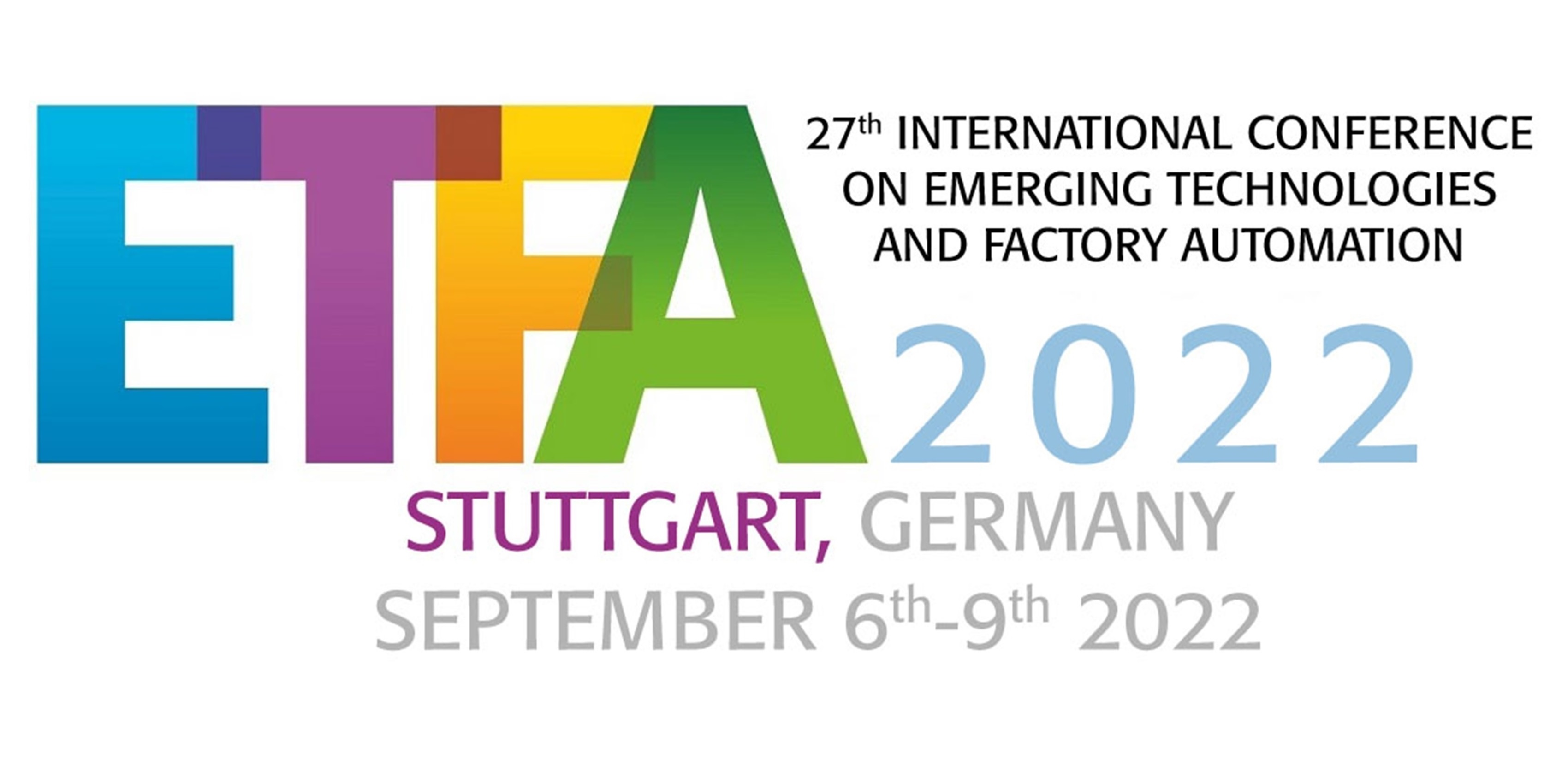Click here
to download the session cfp.
The digital twin has evolved from a mere idea to a more and more concrete technology that can support the engineering, maintenance, reconfiguration, recycling, etc. of an asset (an industrial automation system). An important future application of the digital twin would be the dynamic calculation of the reliability of the asset throughout its life cycle. However, the digital twin does not yet support reliability estimation sufficiently, despite the obvious benefits. Using the dynamic characteristics of a digital twin, reliability can be calculated dynamically and instantaneously, in contrast to conventional approaches to calculating the reliability of industrial automation systems, which only consider information from product specifications or experiments. Furthermore, the static information of an asset may age and therefore no longer accurately represent the asset in late phases of its life cycle. Challenges lie in approaches automatically spotting limitations of models, in calculation of reliability at runtime and in model quality management throughout life cycle.




